eSpire’20- Celebrating the journey of Cohort 20

“Crises are often resolved only through a new identity and new purpose, whether it’s that of a nation or a single human being.” – Rebecca Solnit
As the world was battling the pandemic, it became indispensable to explore innovative alternatives and our partner organizations have been the first line warriors on the field. To celebrate this spirit, EduMentum decided to host its very first virtual conference, eSpire’20 – to continue celebrating the journey of our resilient change leaders.
First Virtual eSpire
eSpire 20 was a 5 hour virtual conference spread across two days. It aimed to celebrate the indomitable spirit of the cohort organizations and mark the graduation of Cohort 20. The conference saw immense participation with the active engagement of esteemed patrons, mentors, and organizations in the education ecosystem. The conference also witnessed inspiring stories of change through multiple conversations among young social entrepreneurs and prominent experts in the ecosystem. With this, the fourth cohort of EduMentum was launched at the end of the event.
Day 1: Contextual learning tools for quality education
(The video recording of the entire session can be found on our FB page by clicking here.)
“In times of crisis, it’s wonderful what the imagination will do.” – Ruskin Bond
The event started with the keynote address by Mr. SD Shibulal, Co-founder of Infosys and permanent trustee of Shibulal Family Philanthropic Initiative on “Opportunities in the time of crisis – a way forward for Civil Society Organizations.”
Despite the pandemic and its consequent challenges, Mr. Shibulal highlighted how these organizations continued to fight the good battle on-ground to relentlessly solve challenges in their respective spheres, especially education. He discussed how the Covid-19 pandemic has disrupted the lives of all, but more so for the children. To undo the damage and level the status of education across children, it is important for civil society organizations to collaborate and co-create contextual solutions and disperse resources to the children from every corner of the country. He concluded by emphasizing the need for educational interventions by civil society organizations to ensure continuity in education for children across the country. He also highlighted the crucial role of a program like EduMentum to empower the ecosystem by empowering contextual change leaders.
Understanding the importance of such organizations, Ms. Poonam Shukla, Director (EduMentum), further detailed the role of EduMentum as a supporting institution in the ecosystem. She compellingly described the key factors for ensuring the sustainability of change efforts: context, adaptability, and scalability.
Recognizing the importance of context, social entrepreneurs are constantly trying to create effective interventions on the ground with a systemic lens. In the discussion on ‘Reaching the unreached- Empowering remote geographies,’ Ms. Vidya Shah, Chief Executive Officer of Edelgive Foundation, discussed the ways to empower children from the remote geographies with our change leaders Ms. Tanya Khera, co-founder of Samanta Foundation, and Ms. Saldon Sal, co-founder of rZamba. It was unequivocally believed by the experienced panelists that the children from the remote geographies struggle with access to education, and it is absolutely essential to keep their needs and societal context in mind while planning curriculum and devising pedagogy.
In the wake of the pandemic, these locations were affected in numerous ways, and the organizations worked to ensure credible information reaches the communities, and education continues by using collaborative innovative modes. Due to the reverse migration, this problem has become more grave. The children have dropped out of their schools in the cities and for inevitable reasons, education has taken a backseat. The panelists discussed how education and learning for these children should be context-centric.
It should also be borne in mind that the context differs vastly when the area is affected by conflicts, especially armed. To discuss more on ‘Saving childhood through education,’ Ms. Anshu Bhartia, CEO, Unltd, engaged in a conversation with our change leaders Mr. Ashish Srivastava, co-founder, Shiksharth Trust, and Mr. Ashwani Tiwari, co-founder, Vidhyalay Udhyam. The session witnessed dialogue around the experiences of working with children from conflict zones. There are over 1.2 crores of children dwelling in the conflict-affected parts of India, who grow up in a world full of violence, fear, and pain.
They face challenges in access to safe spaces, schools, and opportunities for quality education. Due to the pandemic, many organizations have adopted EdTech, but replicating that in these remote zones is a far reality. A reality which often does not include electricity, mobile network, or devices. Our partner organizations, here, are constantly evolving their strategies involving community participation to ensure continuity in children’s education, keeping in mind the oftentimes hostile socio-political climate.
These intense discussions paved the way for deliberations around the solutions as the change leaders and the industry experts exchanged ideas and explored possibilities of collaborations on the basis of their experiences. The viewers interacted with the panelists throughout the sessions via online mediums by asking questions and further contributing to the fascinating discourse. On this high note, the conference’s day 1 culminated.
Day 2: Co-creation and collaboration to overcome educational barriers
(The video recording of the entire session could be found on our FB page or by clicking here.)
“The broader challenge is to lay down a longer-term strategy that endures after the crisis of the moment.” – Fareed Zakaria
Keeping up with the momentum generated on the first day, day 2 of eSpire’20 started with a discussion around the fourth goal of Sustainable Development Goals, which talks about ensuring inclusive and equitable quality education and promoting lifelong learning for all. To achieve this goal, innumerable social entrepreneurs are working at different levels. In order to facilitate their tireless work, it is important to ensure a supportive and encouraging ecosystem.
To discuss more on the preparedness of the ecosystem and deliver a keynote address on “The need for social entrepreneurs in the education sector, now more than ever” Ms. Rohini Nilekani, Writer, Philanthropist, and Founder-Chairperson, Arghyam, was invited to share her views about the topic. She underlined the role of civil society organizations in the development of society and how it calls for action from the community leaders. While schools remain shut, the pandemic has opened up other doors to learning opportunities with active community participation. To facilitate the same, Ms. Nilekani highlighted the exigent need for social entrepreneurs to step forward and ensure access to education using the societal context of a child.
While enthusiastic social entrepreneurs can do a lot for the community and children, the long-term sustainable impact can be made through collaborative efforts. In the course of an invigorating session on ‘Power of Collaboration- Key to Social Transformation,’ Mr. Pradeep Nair (Regional Director, Ford Foundation), discussed and deliberated on the role of collaboration while working in the education field with our change leaders, Mr. Subhankar Paul (Co-founder, Lantern Edusports) and Ms. Ayeshna Kalyan (Co-founder, Varitra Foundation). The need for partnerships with governmental, corporate, and non-governmental initiatives has been felt by most civil society organizations to ensure a holistic learning experience for a child, and also to secure sustainability. The positive outcomes of collaboration are aplenty. The session also observed discussions on how a collaboration requires identification of the need to step back when a partnership has run its course. It is the realization of need, sharing approaches, and resources, that is crucial in a collaboration.
Besides collaboration, another way to ensure a sustainable transformation of education is community participation and making the children realize their power to bring about a change. With an idea to create leaders from the local communities through education, Ms. Gayatri Nair Lobo (COO, ATE Chandra Foundation), discussed various challenges faced in the country and how youth leadership and shared responsibility can overcome the same with our change leaders, Mr. Nageshwar Panchal (Co-founder, Mera Gaon Meri Duniya) and Mr. Bikash Kumar (Co-founder, Karunodaya Foundation). In the course of the session on ‘Shared Responsibility- Empowering youth and community to transform education’, the importance of confidence, a sense of possibility, and ownership were felt. The idea behind this is that the leaders breed leaders and it is the local people who understand their local context the best. The discourse around empowering the children was agreed upon by all the participants.
Post these inspiring discussions, it was the time for the graduation of our beloved cohort 20. Mrs. Kumari Shibulal, founder of Shibhulal Family Philanthropic Initiatives addressed the audience and shared her reflections on our cohort’s journey so far and wished them the best on behalf of the entire team of EduMentum as they embark on the new stage of their journey in the ecosystem.
While one cohort graduates, we are joined by our new cohort. Hence, EduMentum’s new cohort, Cohort 21 with nine new partner organizations working across 8 states in India, was unveiled by our patron Mr. S.D. Shibulal. On this note of hope and possibilities, the conference came to a close.
eSpire gave us a wonderful opportunity to engage in discussions around the need of the ecosystem now and the importance of encouraging entrepreneurship in the social sector. We are grateful to all our speakers and participants for joining us for the event and making it a memorable experience. We are delighted to share that now EduMentum is 4 cohorts strong with 32 organizations operational across 18 states in India.
-Written by Ms. Deboleena Dutta, Team EduMentum

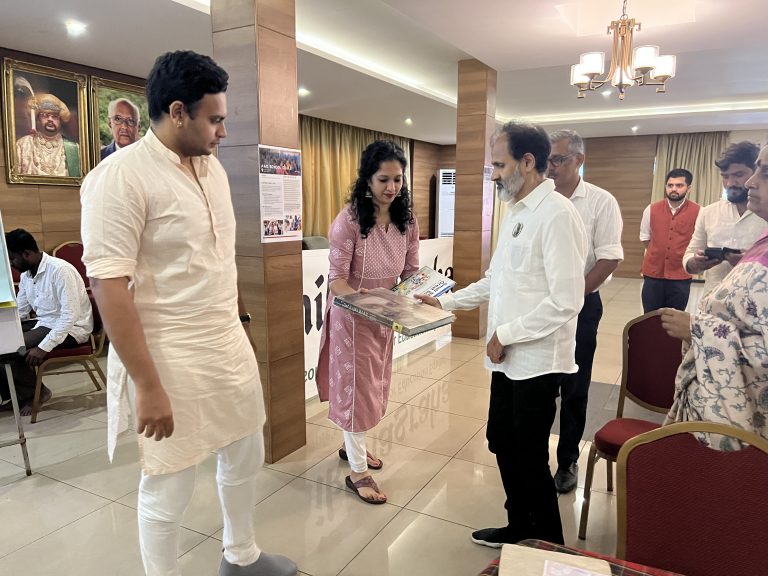
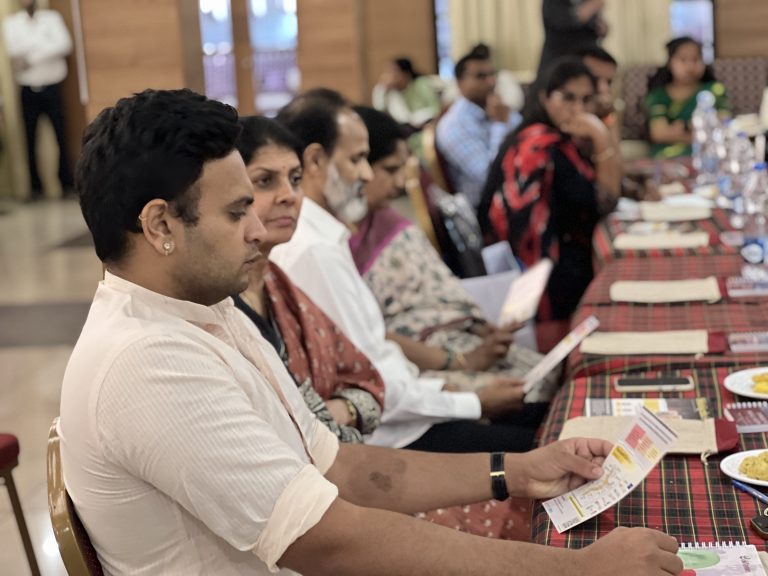
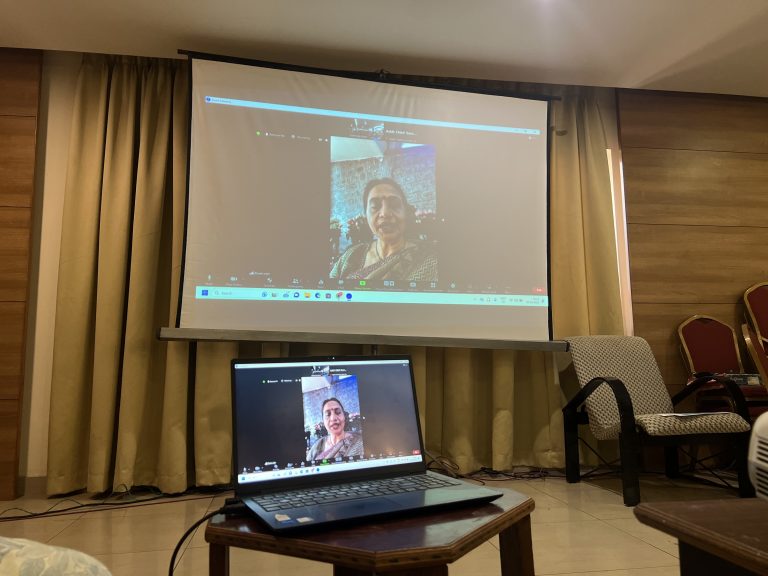
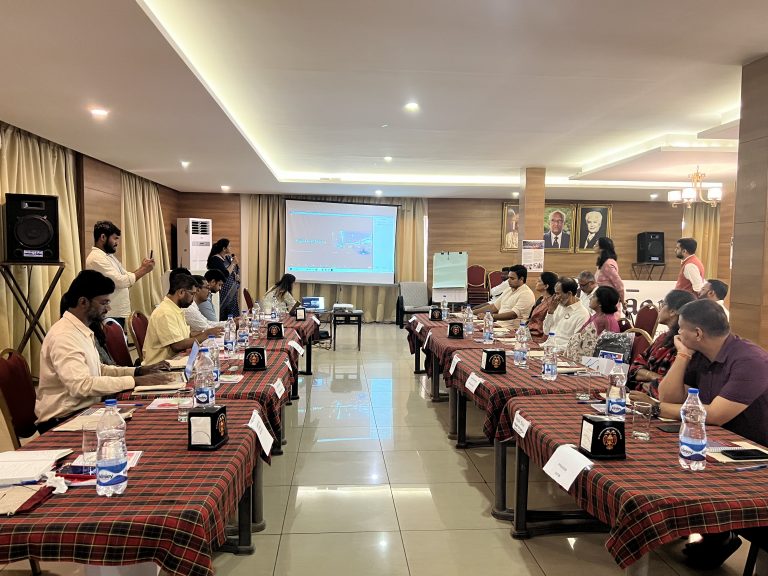
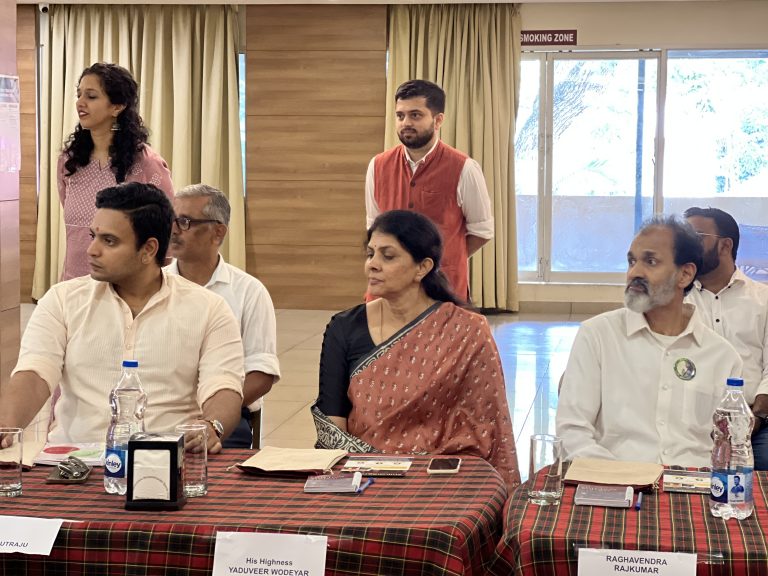
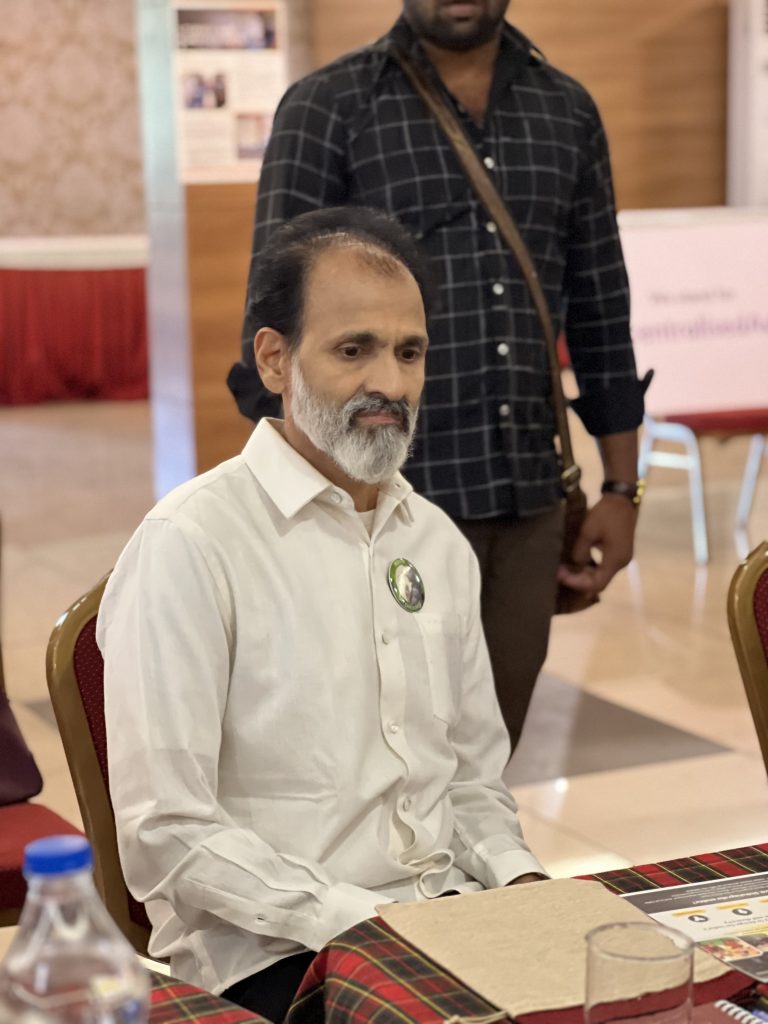
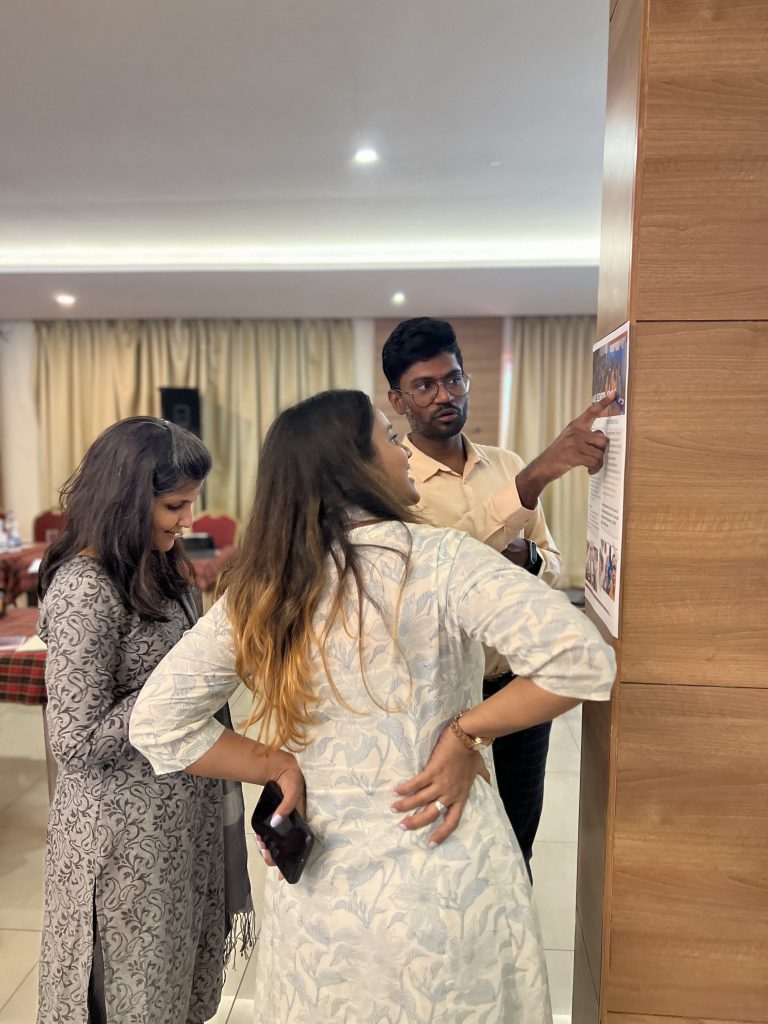
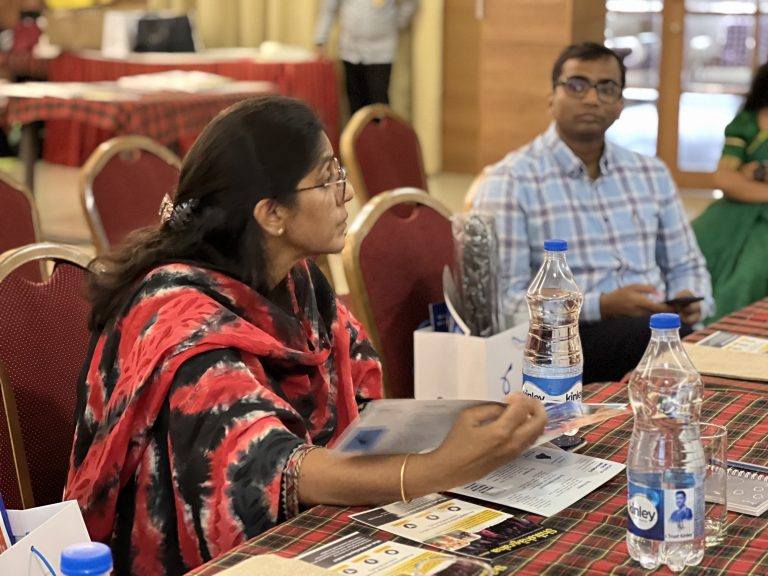
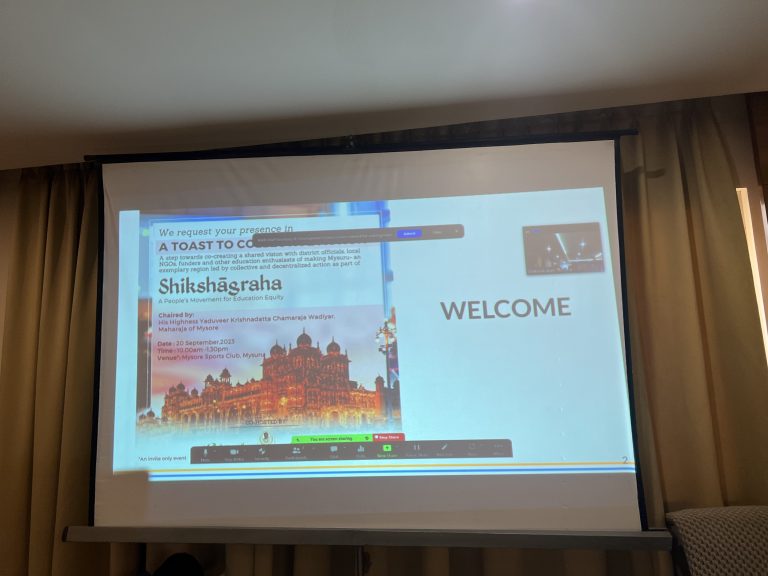
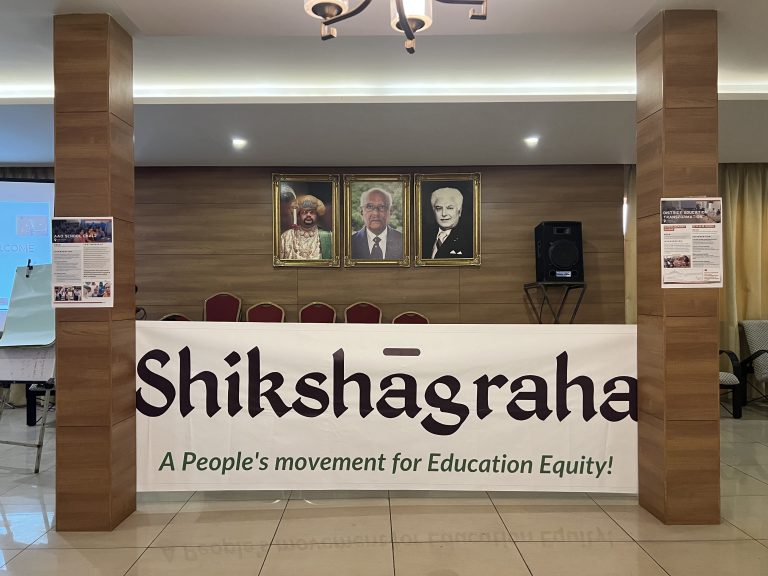
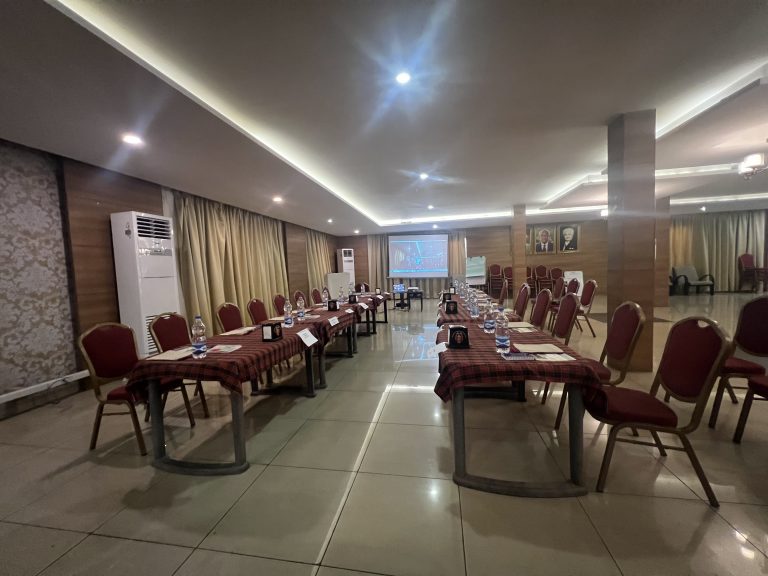
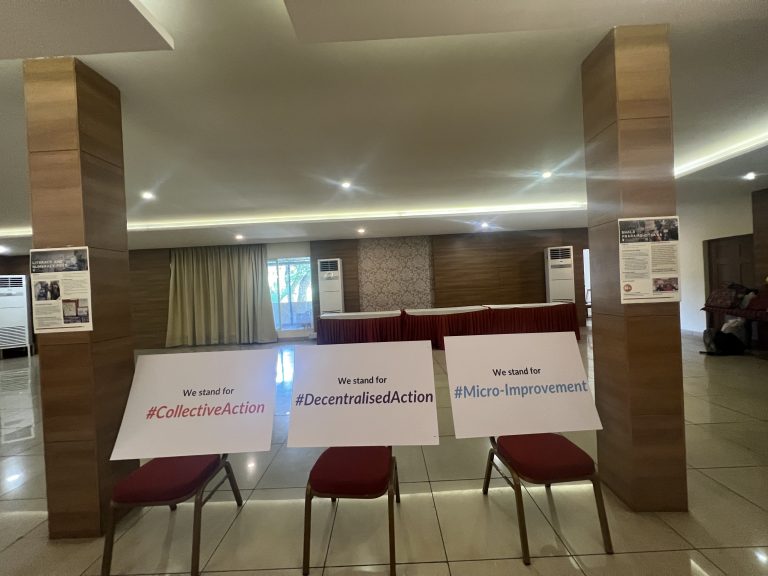

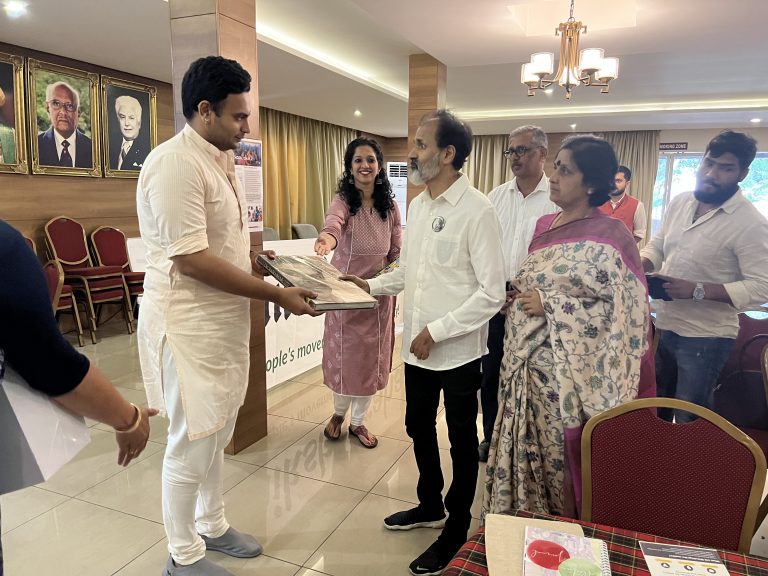
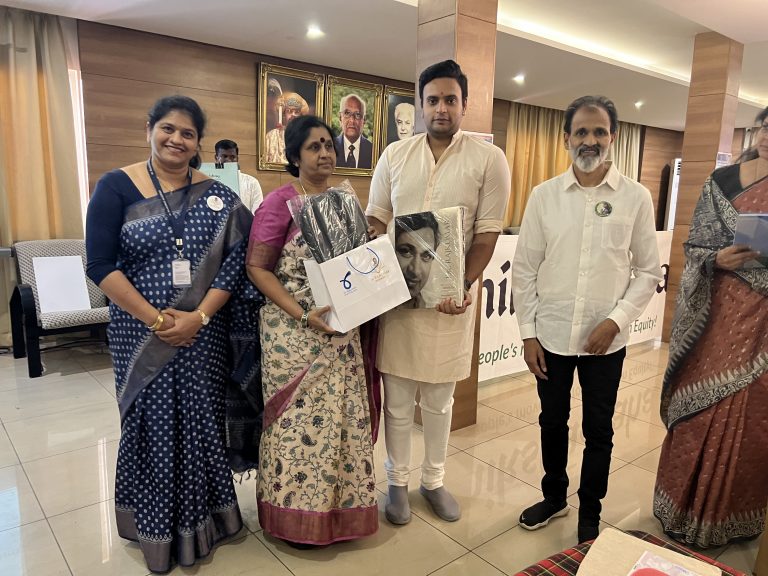
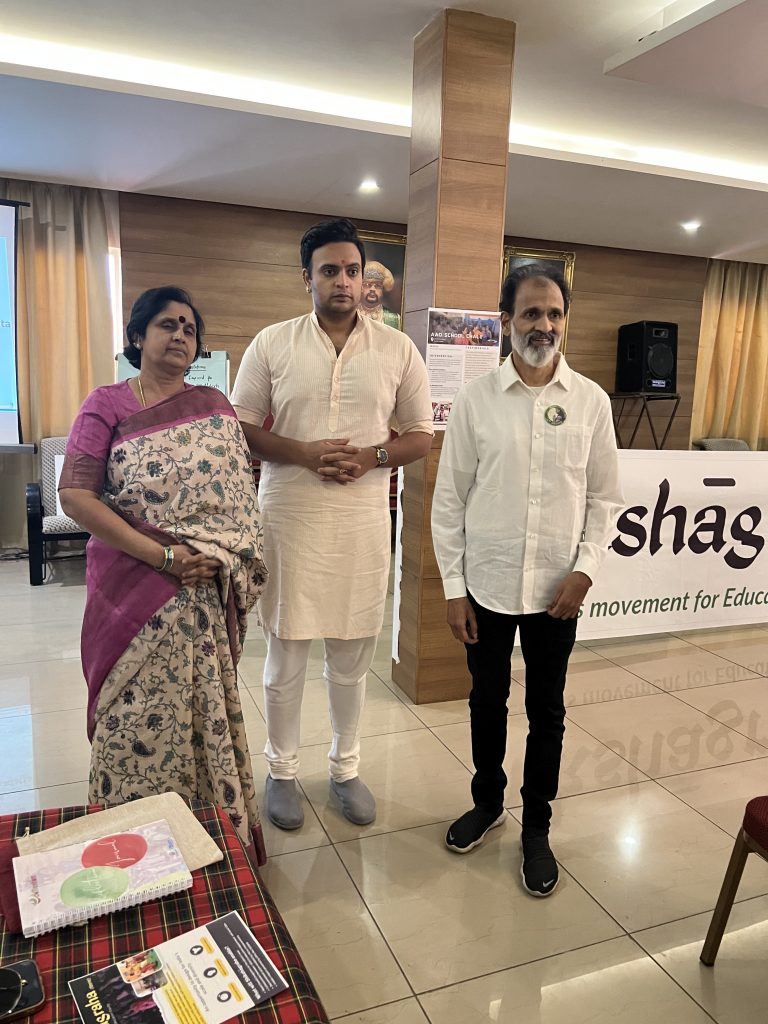
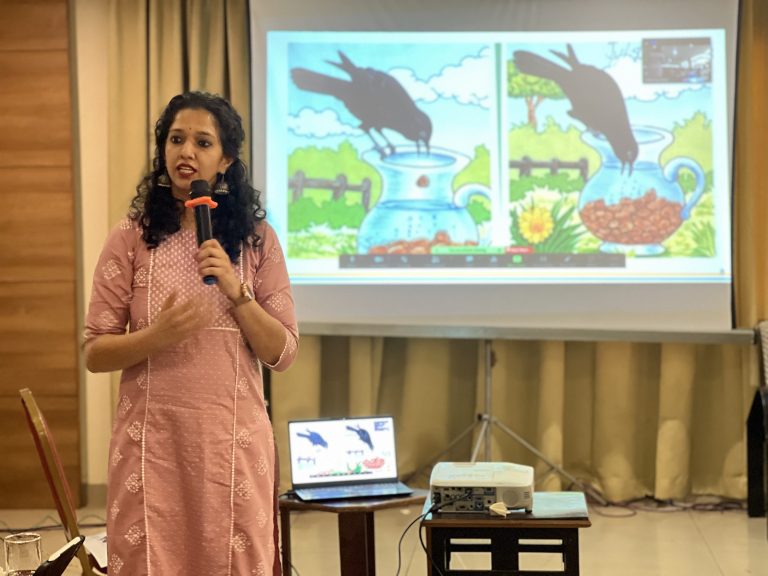
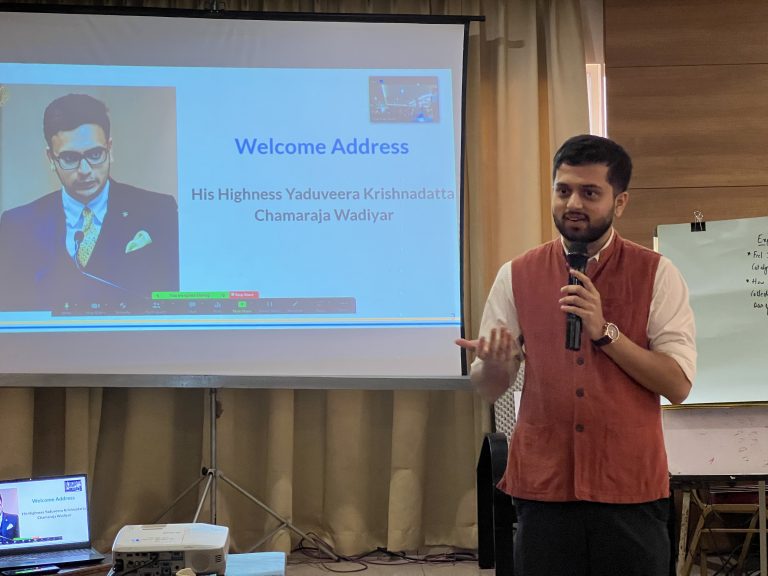
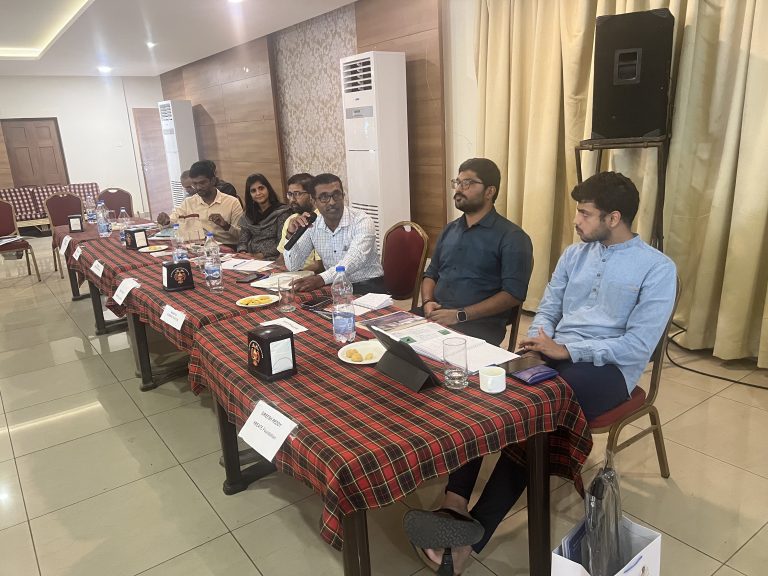
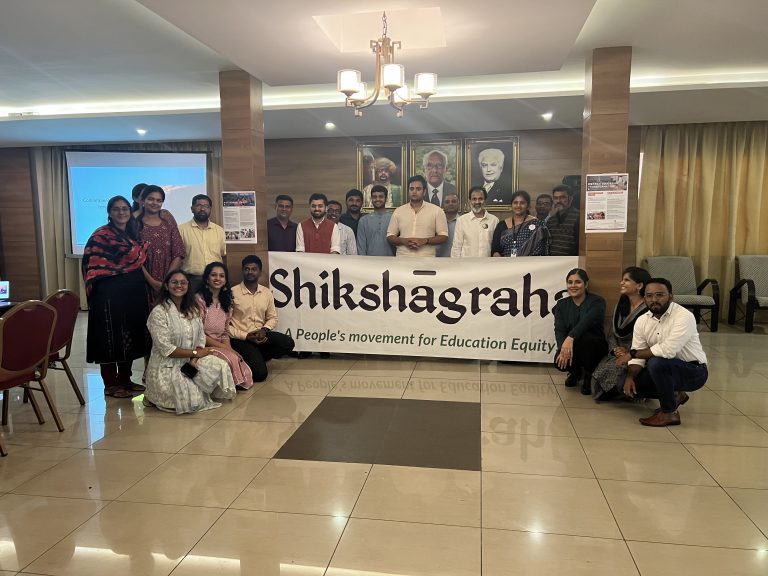
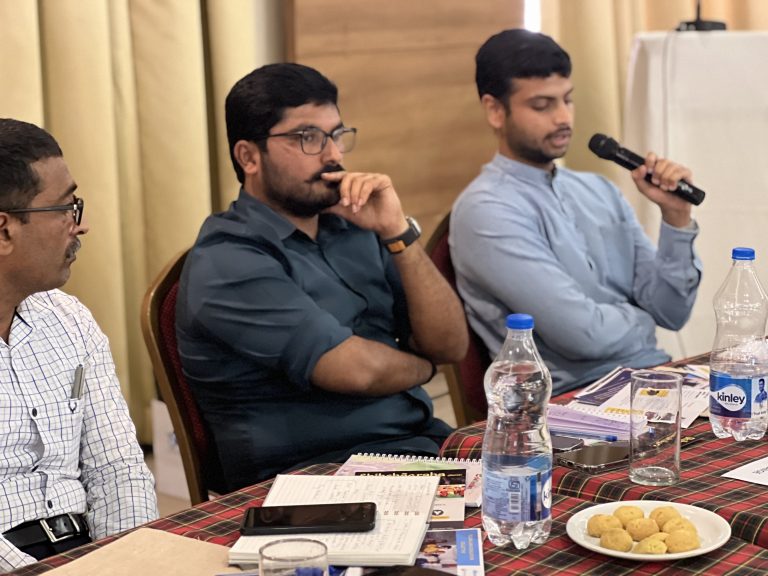
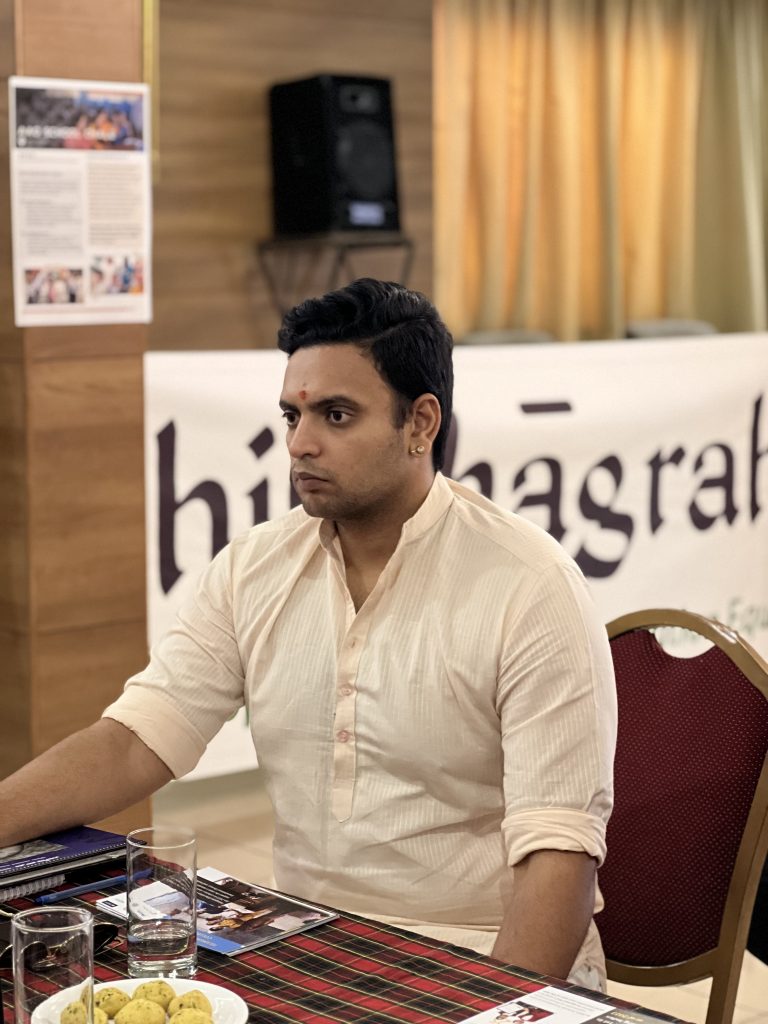
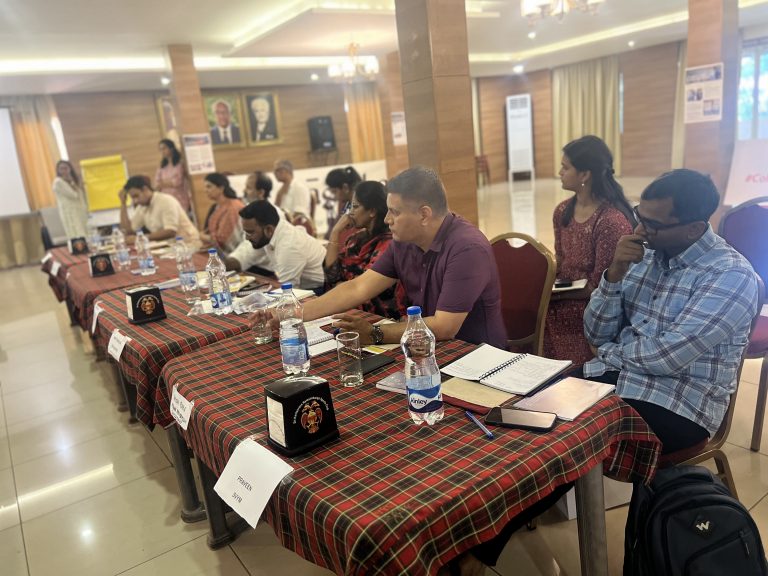
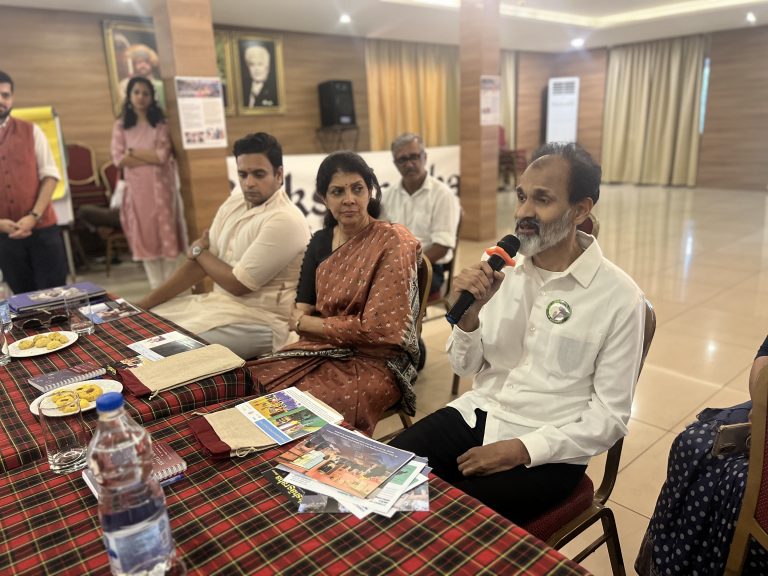
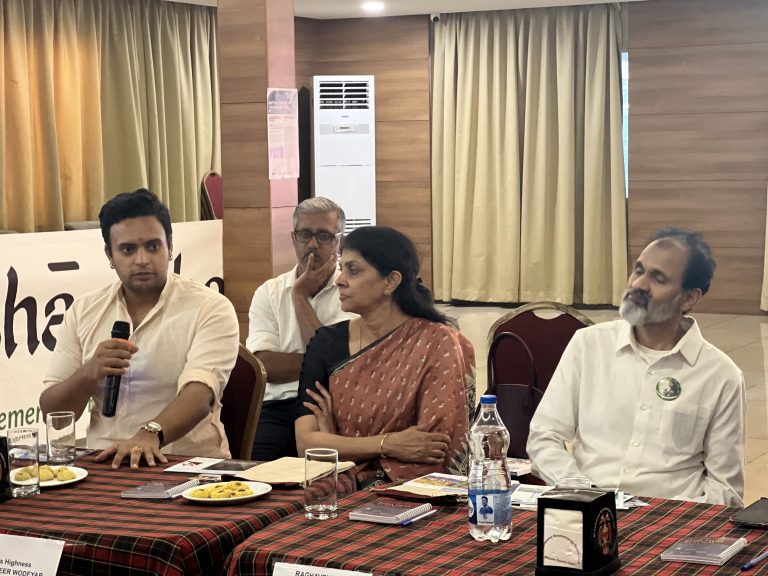
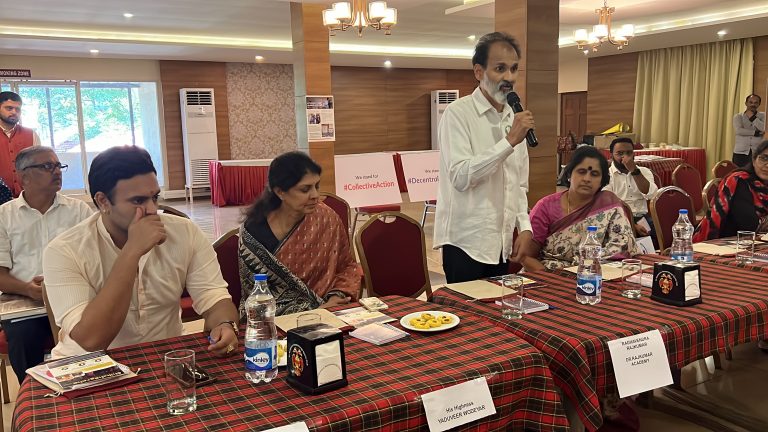
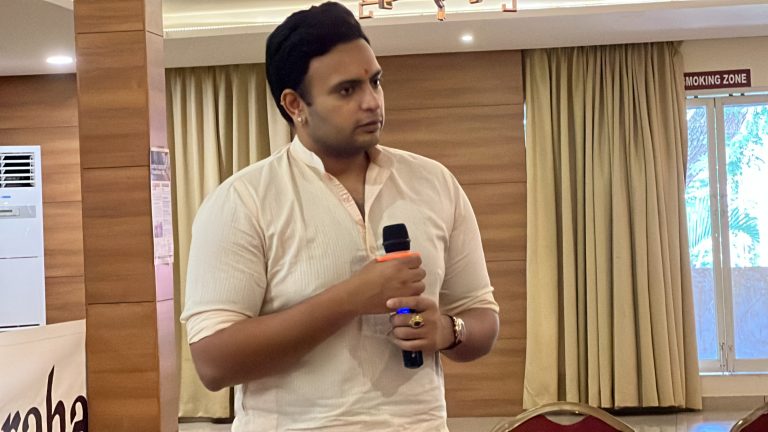
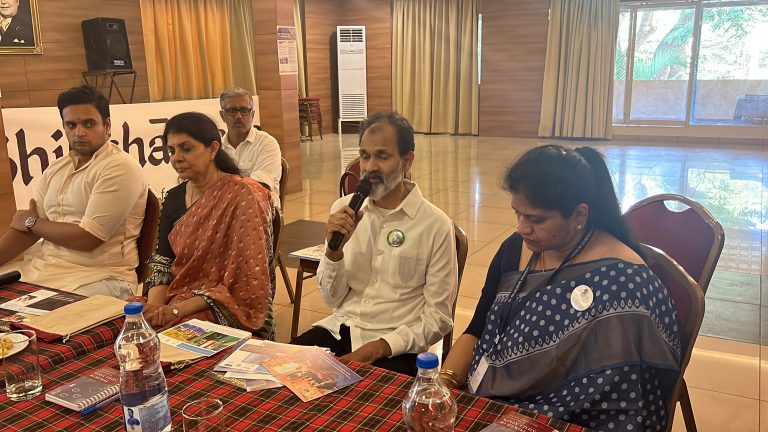
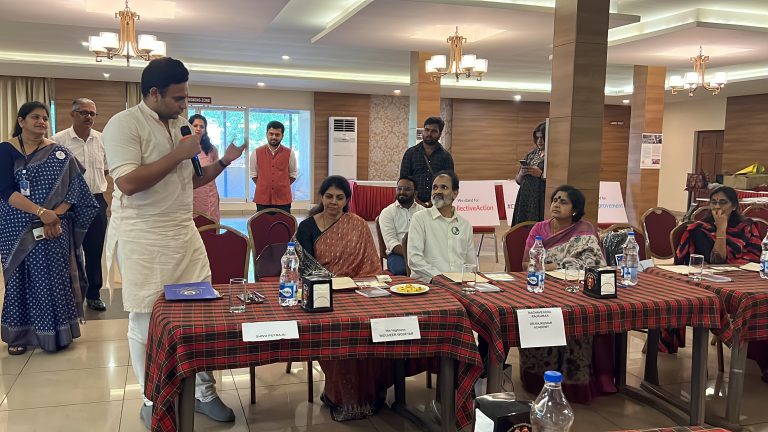
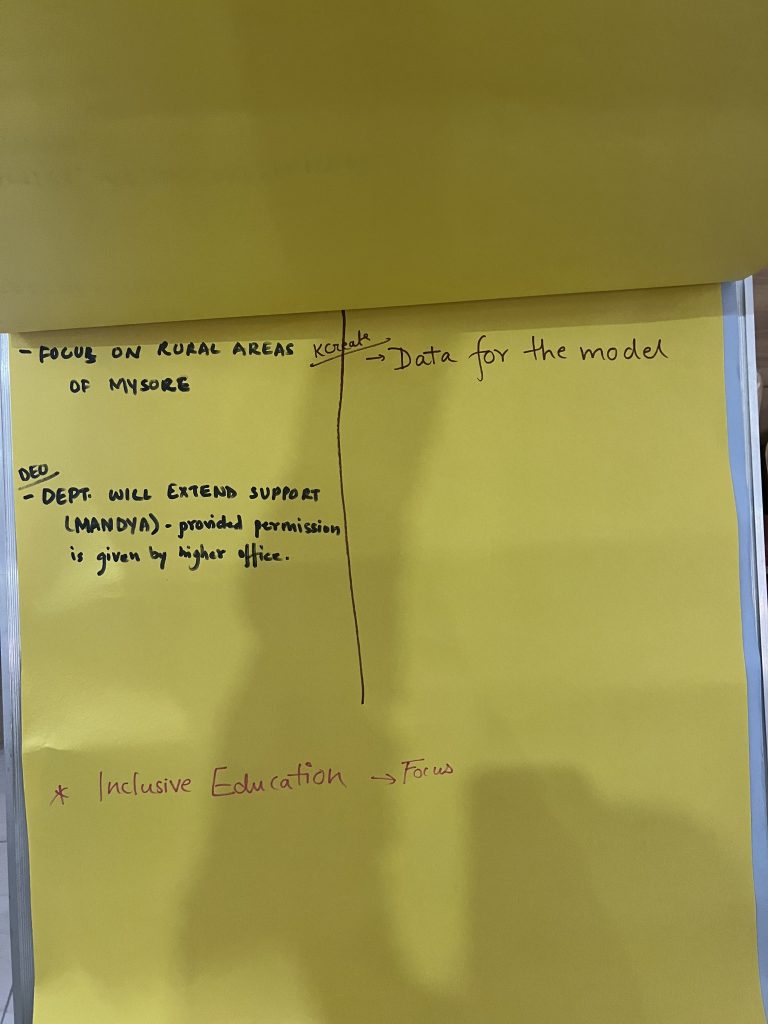
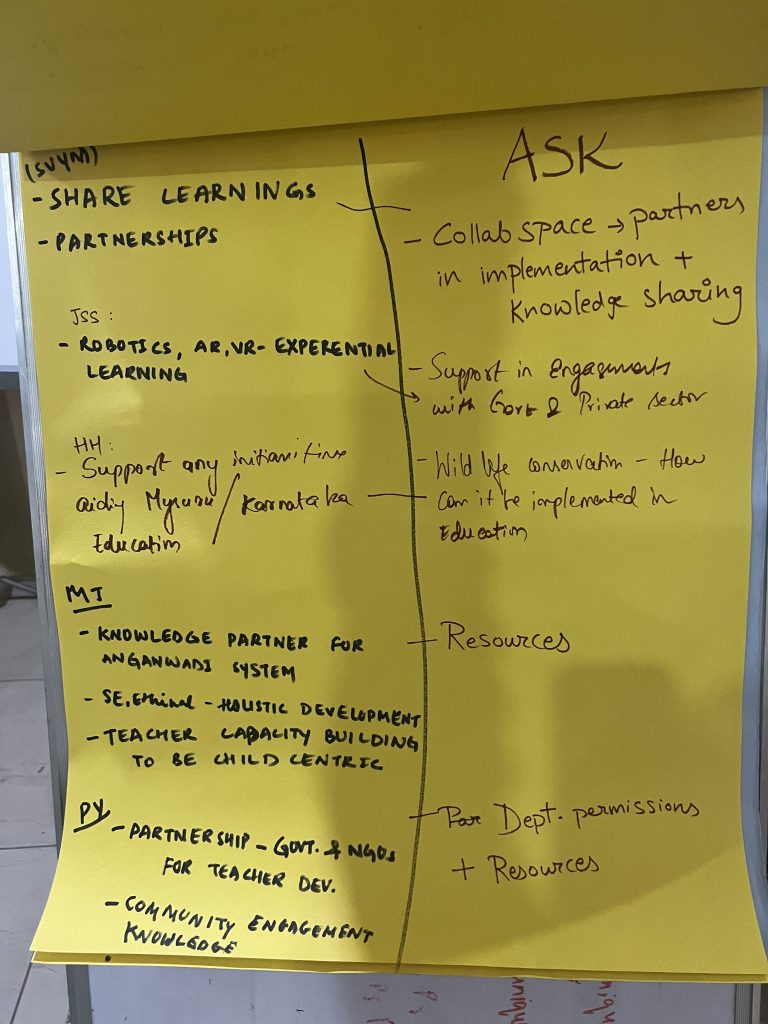
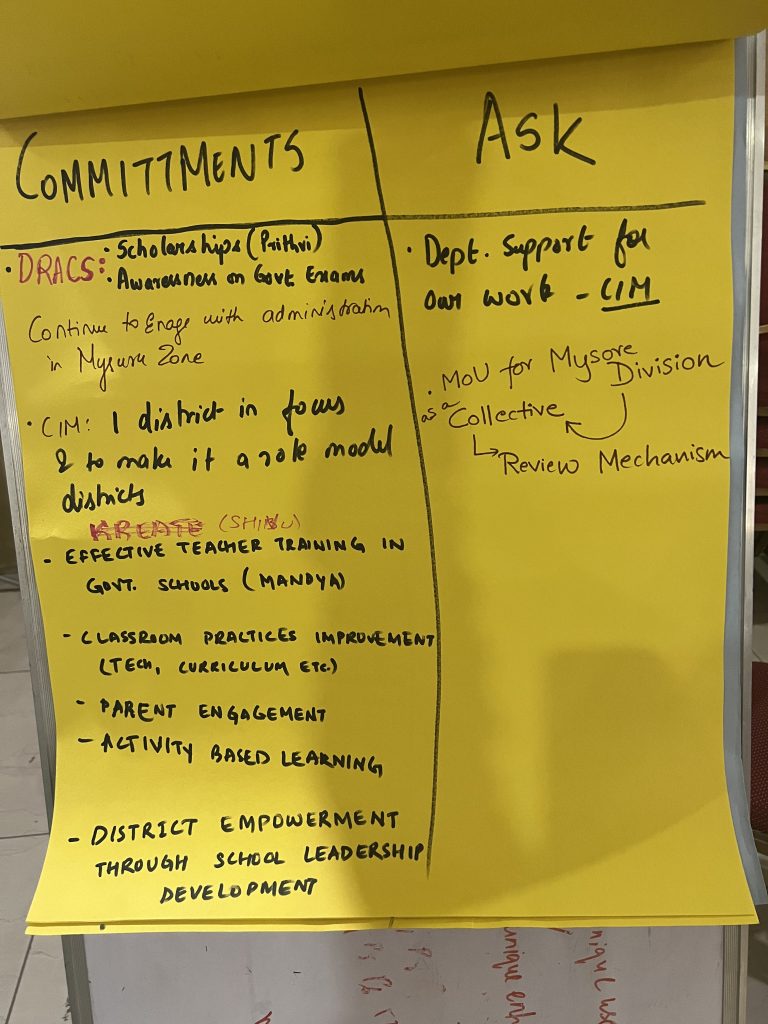
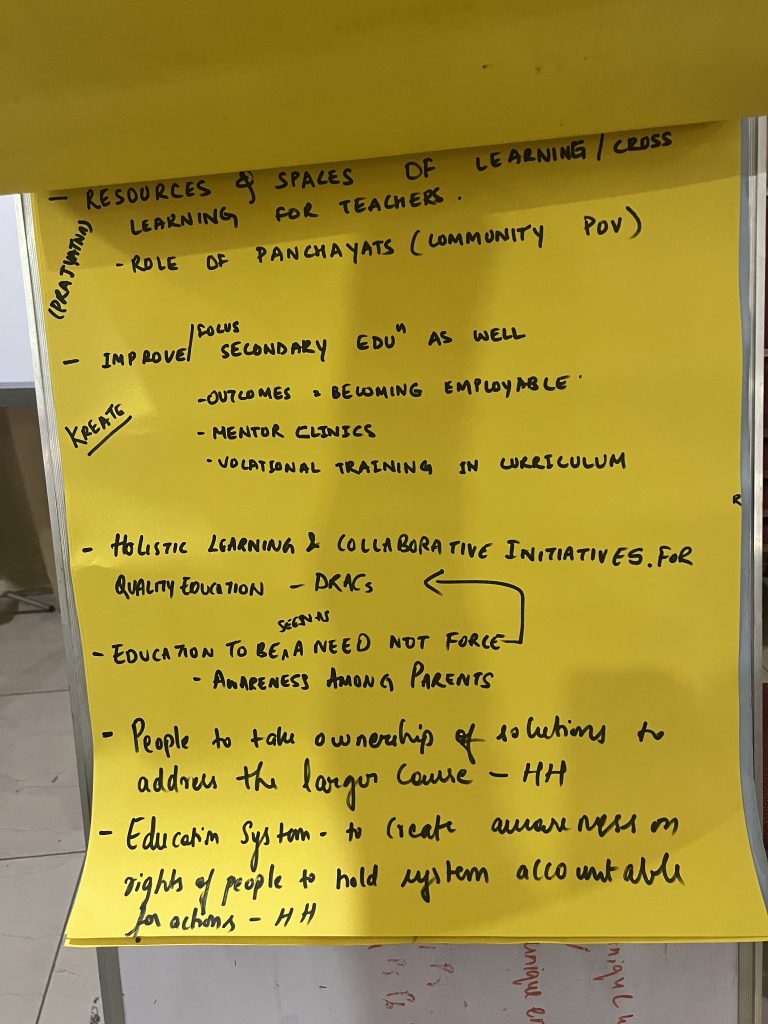
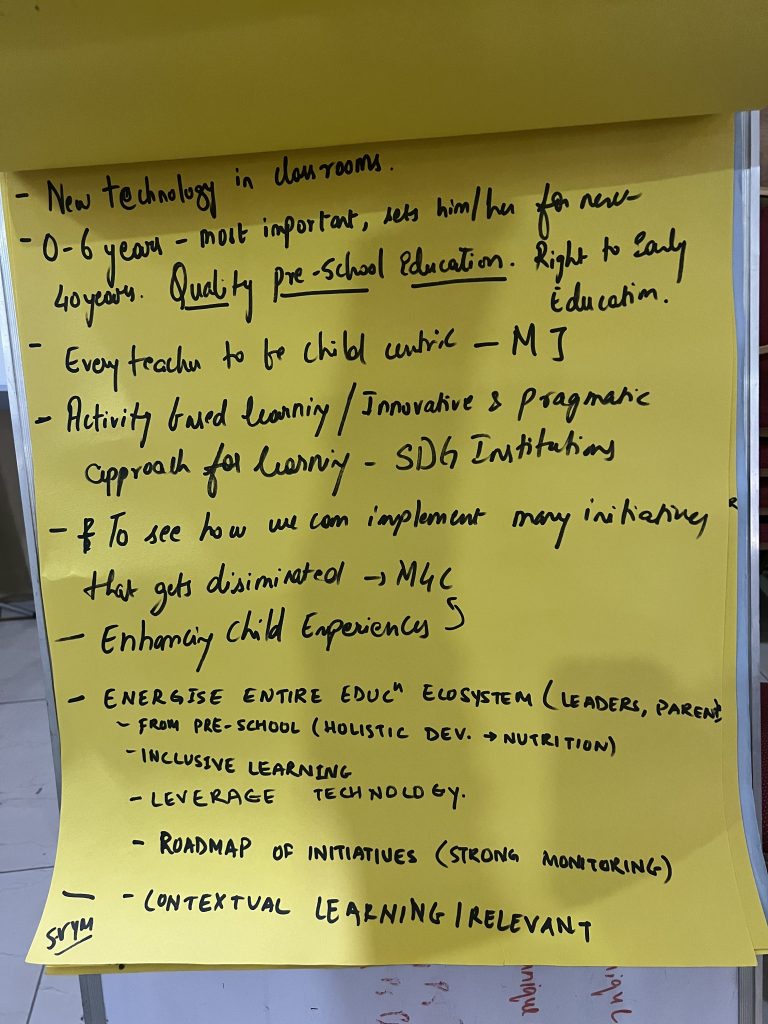
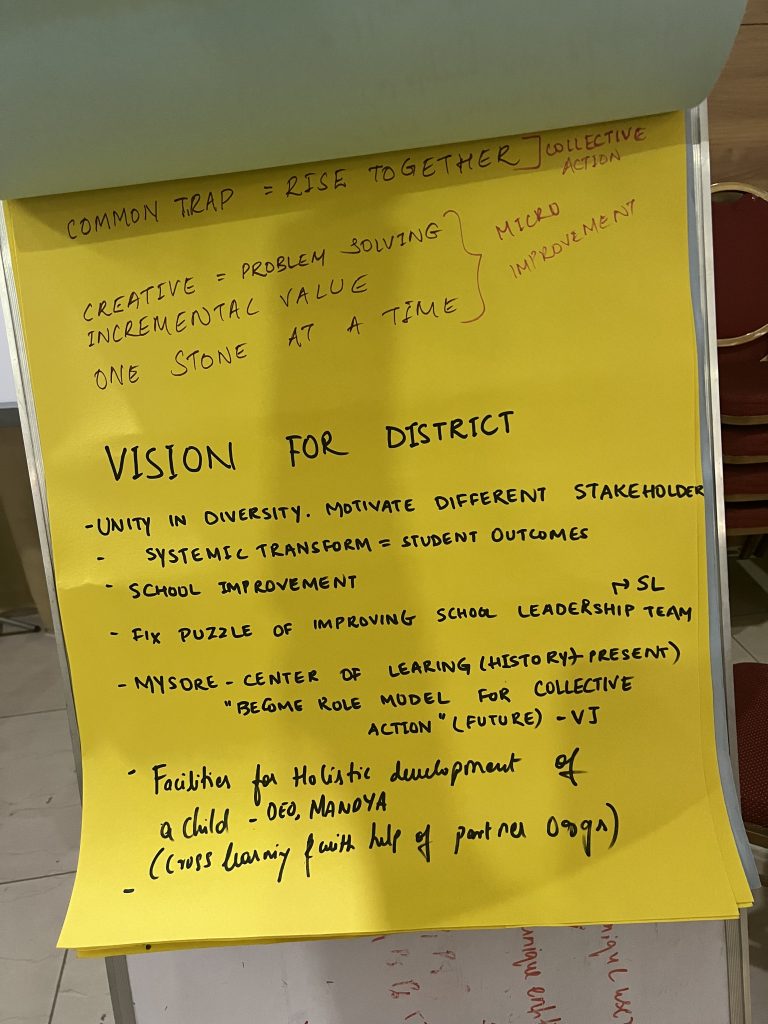
0 Comments